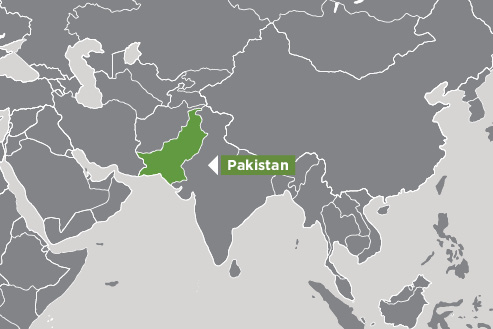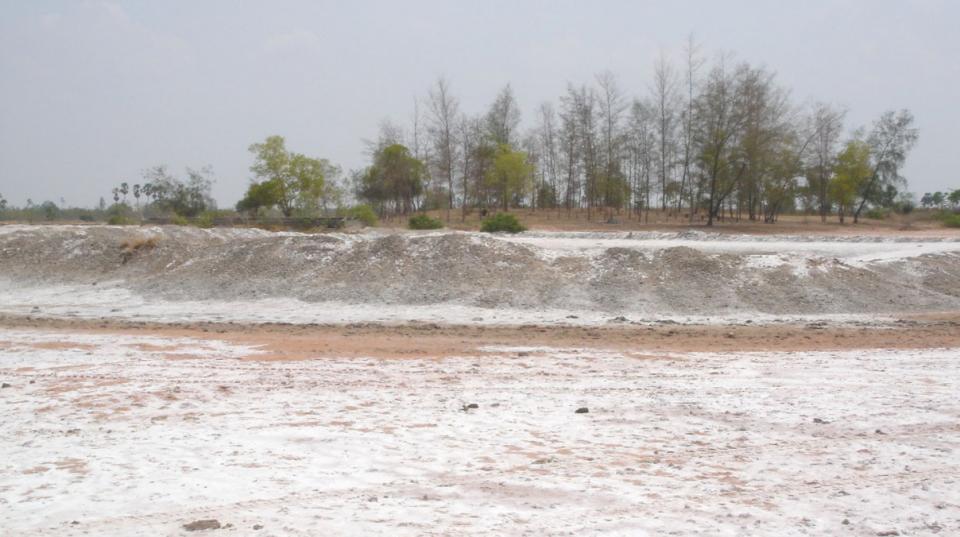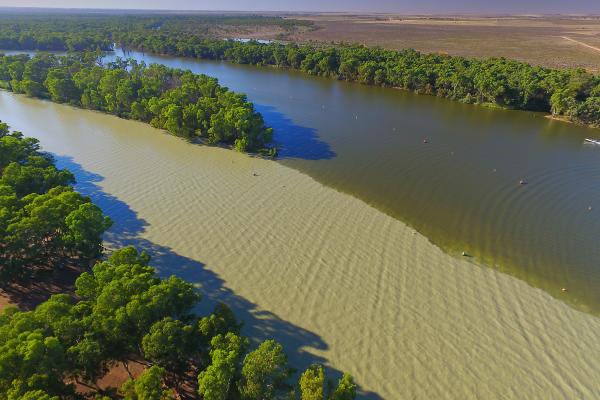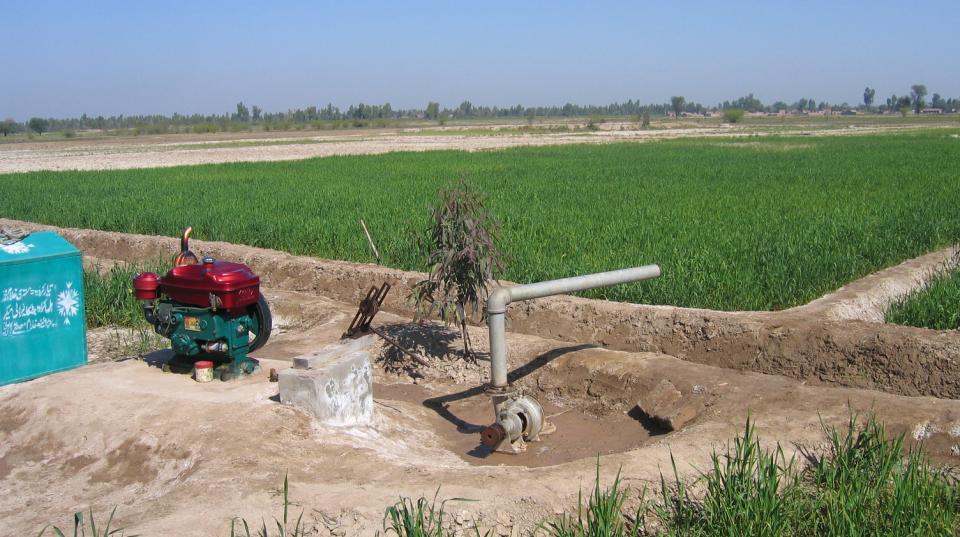Overview
This project aims to develop and investigate adaptation options and strategies with people managing and living in salinity affected agricultural landscapes in the southern Indus Basin.
Australia and Pakistan share the challenges of developing agriculture within water scarce, salinity affected landscapes. As with the Murray-Darling Basin, salinity in the Indus Basin can be categorised as both primary (i.e. a natural phenomenon) and secondary (i.e. human-induced salinity/waterlogging from irrigation). Secondary salinisation in Pakistan is primarily a result of irrigated agriculture, which adds approximately 15 million tonnes of salt annually to the Indus Basin. Salinity affects at least 4.5 million hectares of land across the country, and 54% of the lower part of the Indus Basin. Increased dependence on poor quality groundwater, due to limited and unreliable surface water supplies, is accelerating the extent and severity of land salinisation.
The project is designed to be the start of a long-term research program across Pakistan's salinity affected landscapes, bringing in a wider range of partners. A key intended output from this project is therefore a set of newly funded, or ready to be funded, project proposals co-designed with a range of different actors, to scale out strategies for community-based adaptation planning across Pakistan’s salinity affected landscapes.
Expected project outcomes
- Newly developed and existing knowledge about salinity in the southern Indus Basin of Pakistan is available for the staff of Pakistan-based projects, programs and organisations relevant to agricultural development.
- The project’s case study community members and their institutional support networks have improved understanding of the opportunities for, and constraints to, current options for adapting to salinity.
- Individuals and groups (including women and youth) from the project’s case study communities are building capacity to plan their own futures for adapting well to salinity.
- Relevant government departments, policy makers, donors and other institutions have engaged with and are supporting locally and collaboratively determined adaptation planning and action, including through co-development of future participatory research projects.
Summary of outcomes to date
2021-22
The Adapting to Salinity in the Southern Indus Basin (ASSIB) project is researching salinity adaptation options and strategies with people managing and living in salinity affected agricultural landscapes.
Drawing on expertise from university researchers, committed non-government organisations and relevant government extension staff, communities from eight selected case study sites have taken the lead in identifying adaptation options and strategies to be investigated, using best practice methods of rural research engagement and farmer to farmer learning. The case study sites include fishing- and farming-focused villages in coastal areas of Thatta, several irrigation dependent farming communities in Sindh and southern Punjab, and a mixed agriculture and aquaculture community at Muzaffargarh. These local level efforts are supported by regional and basin-wide investigations into trends driving the presence of salinity across the landscape, including future scenarios, and to monitor and model groundwater and salinity dynamics for coastal Sindh and southern Punjab. We have also engaged higher level policy and funding influencers through workshops in June 2022 to be briefed on initiatives we have undertaken.
Another two workshops in May 2022 responded to a policy review report we commissioned to PCRWR, widely endorsing recommendations that address three key gaps in salinity policy: (1) the lack of a long-term salinity management strategy; (2) lack of collaboration among organisations working on salinity issues, and no consolidation of data so acquired; and (3) inadequate farmer Annual report: Adapting to Salinity in the Southern Indus Basin engagement. These workshops are helping to attract high level support from national and international agencies for the longer-term “living with salinity” agenda.







